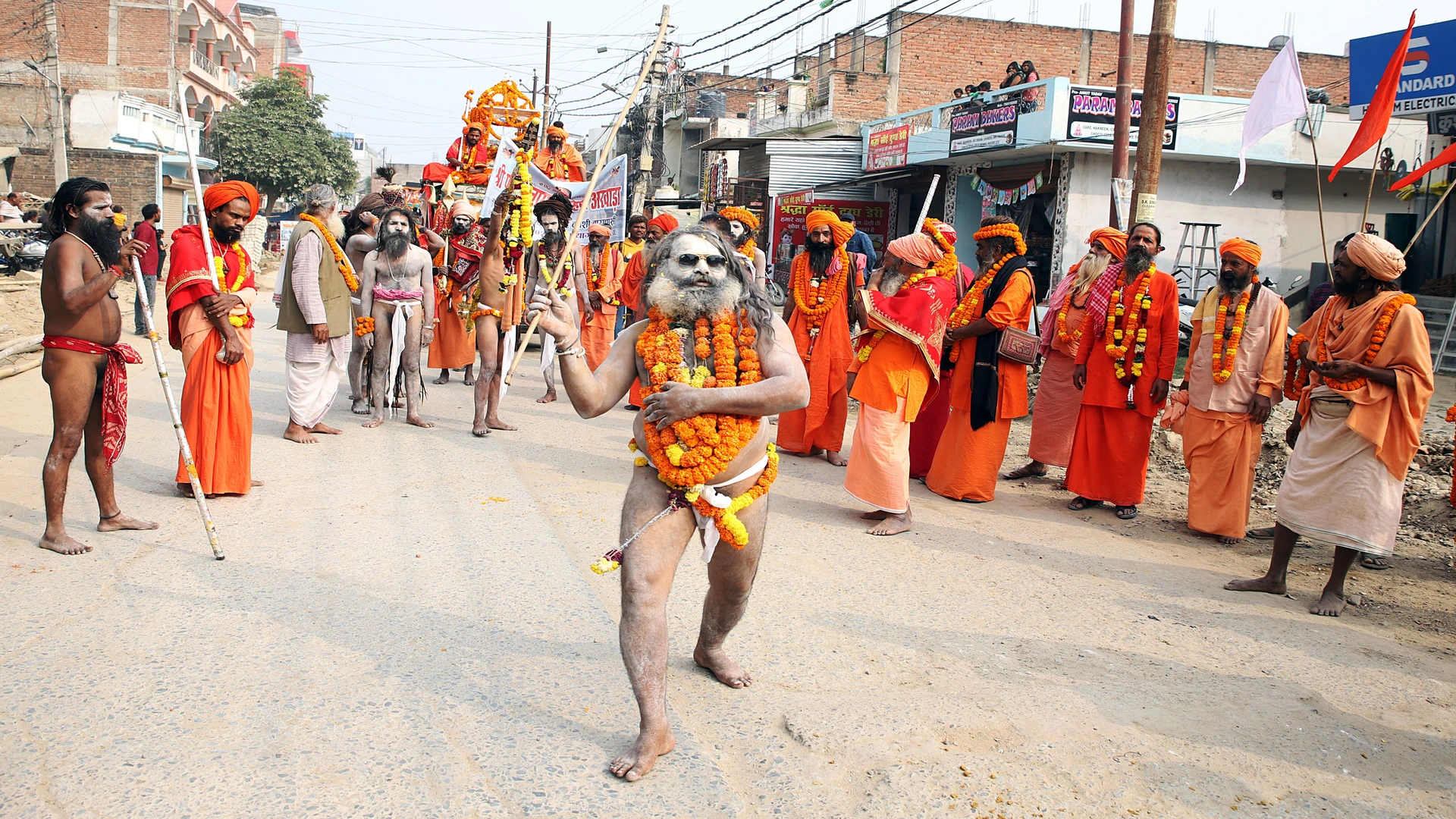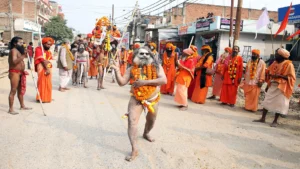The Maha Kumbh 2025 in Prayagraj, Uttar Pradesh, is set to redefine the scale and precision of event management as the state government undertakes a historic, AI-driven headcount of an estimated 40 to 45 crore devotees. The world’s largest religious gathering will leverage cutting-edge artificial intelligence (AI) to accurately track attendance and manage crowds at the sacred confluence of the Ganga, Yamuna, and Saraswati rivers.
AI-Powered Innovation for Unprecedented Accuracy
For the first time in the history of Kumbh Mela, authorities aim to move beyond traditional rough estimates of attendee numbers. Divisional Commissioner Vijay Vishwas Pant revealed that AI-powered cameras and innovative monitoring tools will ensure real-time crowd density tracking with a 95% accuracy rate. “This initiative will revolutionise event management, creating a benchmark for precision and safety,” Pant stated.
Over 744 temporary CCTV cameras have been installed at 200 key points in the fairgrounds, alongside 1,107 permanent cameras at 268 city locations. Additionally, 720 cameras have been strategically positioned at more than 100 parking zones to monitor the massive influx of vehicles and pilgrims.
Integrated Command and Control Centers
At the heart of this monumental operation lies the Integrated Command and Control Center (ICCC) in Prayagraj, supported by viewing centers in Aral and Jhunsi. These hubs will relay live data, generate instant alerts, and oversee crowd movements, particularly during peak hours from 3 AM to 7 PM at the bathing ghats.
Pant explained the pivotal “turnaround cycle” system: “This method calculates the average time a pilgrim spends at the ghats, preventing duplicate counts and ensuring accurate data.” Tested during the Magh Mela, the system has already demonstrated impressive precision.
Advanced Monitoring Methods
The AI-driven approach incorporates three advanced methods for real-time tracking:
Attribute-Based Search: Cameras with advanced capabilities will identify individuals based on physical attributes for precise crowd tracking.
RFID Wristbands: Pilgrims will wear RFID-enabled wristbands, allowing authorities to monitor their entry, movement, and exit within the fairgrounds.
Mobile App Tracking: A GPS-enabled app will provide real-time location updates with user consent, further refining the headcount process.
“These methods, coupled with Cochran’s formula for sampling, will enable us to handle peak-day crowds ranging from 20 lakh to 10 crore,” Pant added.
Bathing Festivals and Event Schedule
The Maha Kumbh, held every 12 years, will commence on January 13, 2025, and conclude on February 26, 2025. The most significant bathing festivals, known as Shahi Snan (royal baths), are scheduled for:
- January 14 (Makar Sankranti)
- January 29 (Mauni Amavasya)
- February 3 (Basant Panchami)
These dates are expected to draw peak crowds, making the AI-powered systems critical for managing the congregation’s flow and ensuring safety.
Also read: Gyanvapi Dispute: Court Resumes Hearing on Lord Adivisheshwar Case
A New Era in Event Management
The Maha Kumbh 2025 not only represents a sacred occasion for millions of devotees but also a technological milestone in managing large-scale events. With AI, RFID, and advanced analytics at its core, this initiative sets a global precedent for precision, safety, and innovation in handling mega gatherings. As Uttar Pradesh embraces this transformative approach, Maha Kumbh 2025 is poised to go down in history as both a spiritual and technological marvel.














